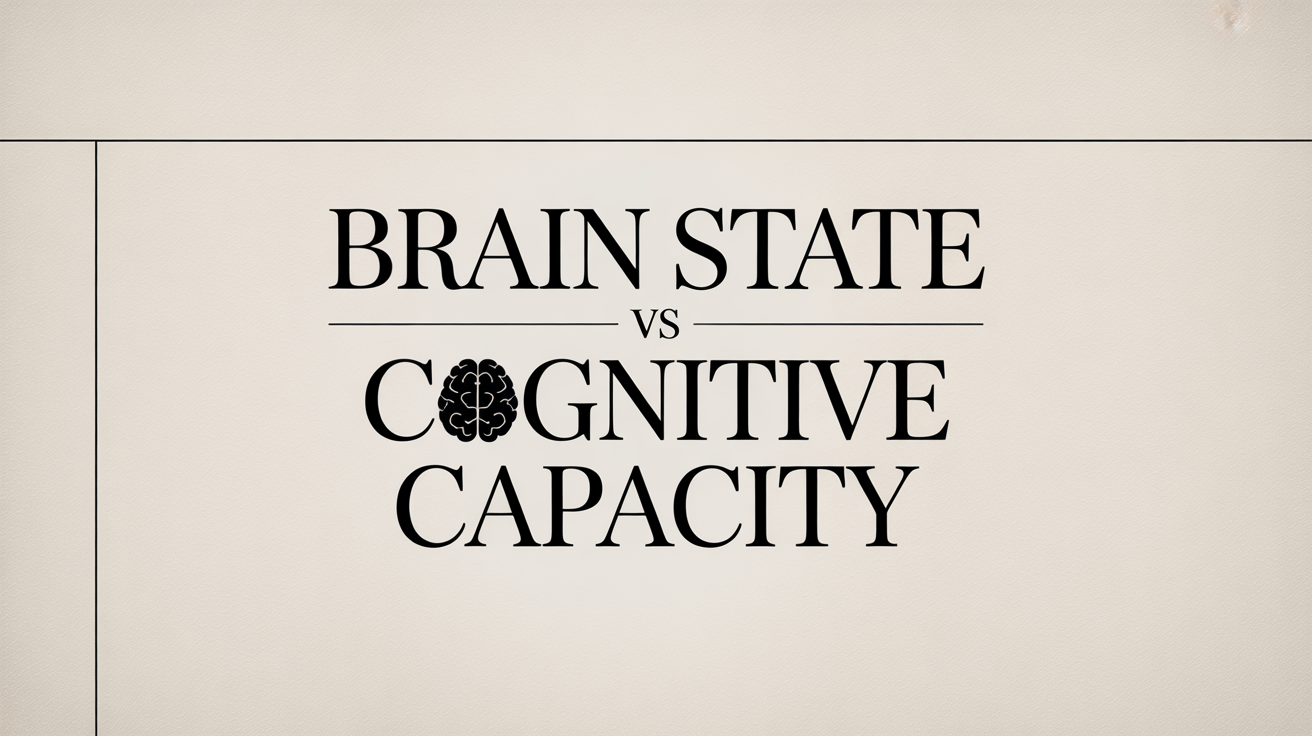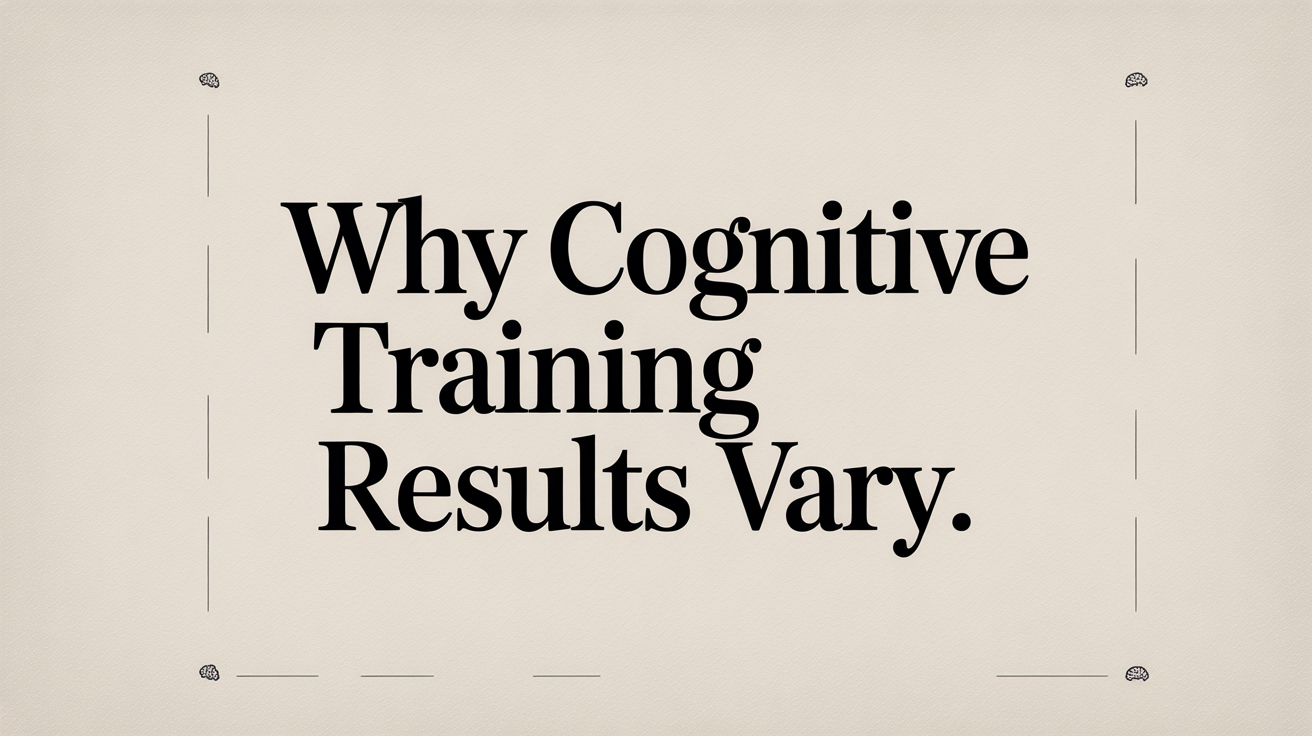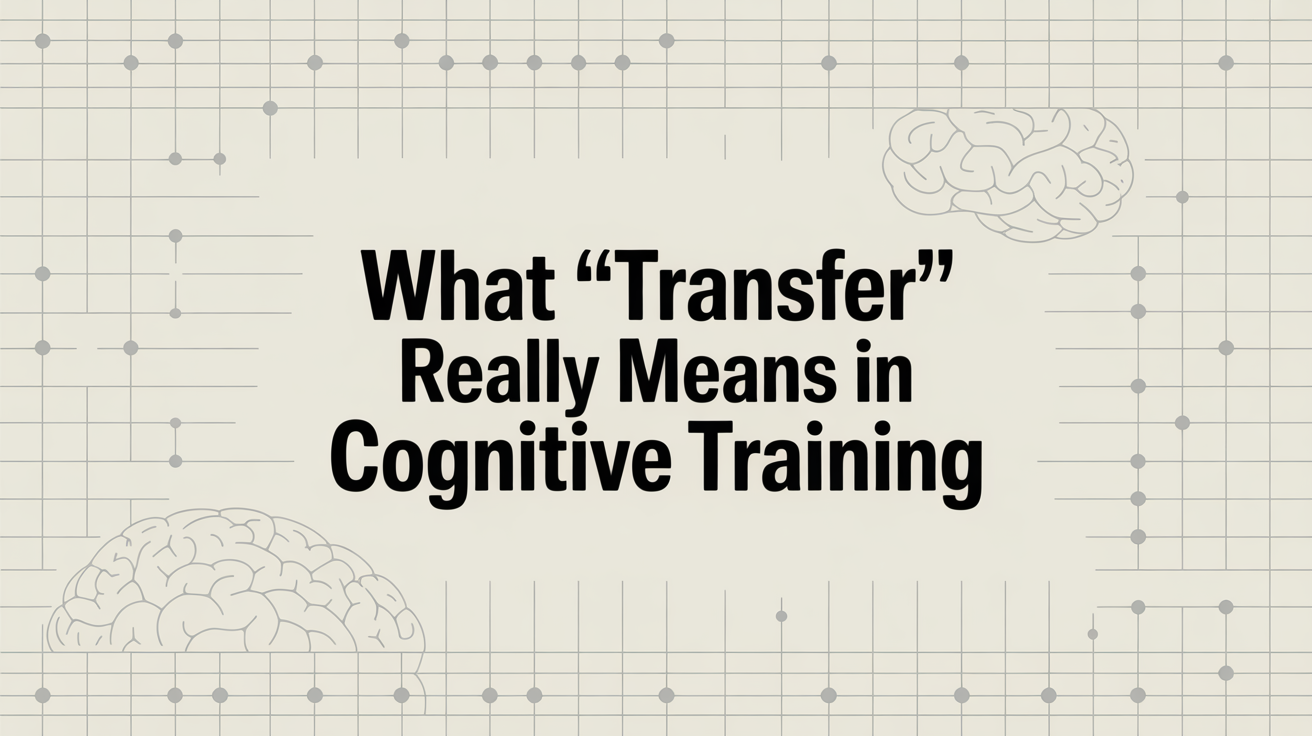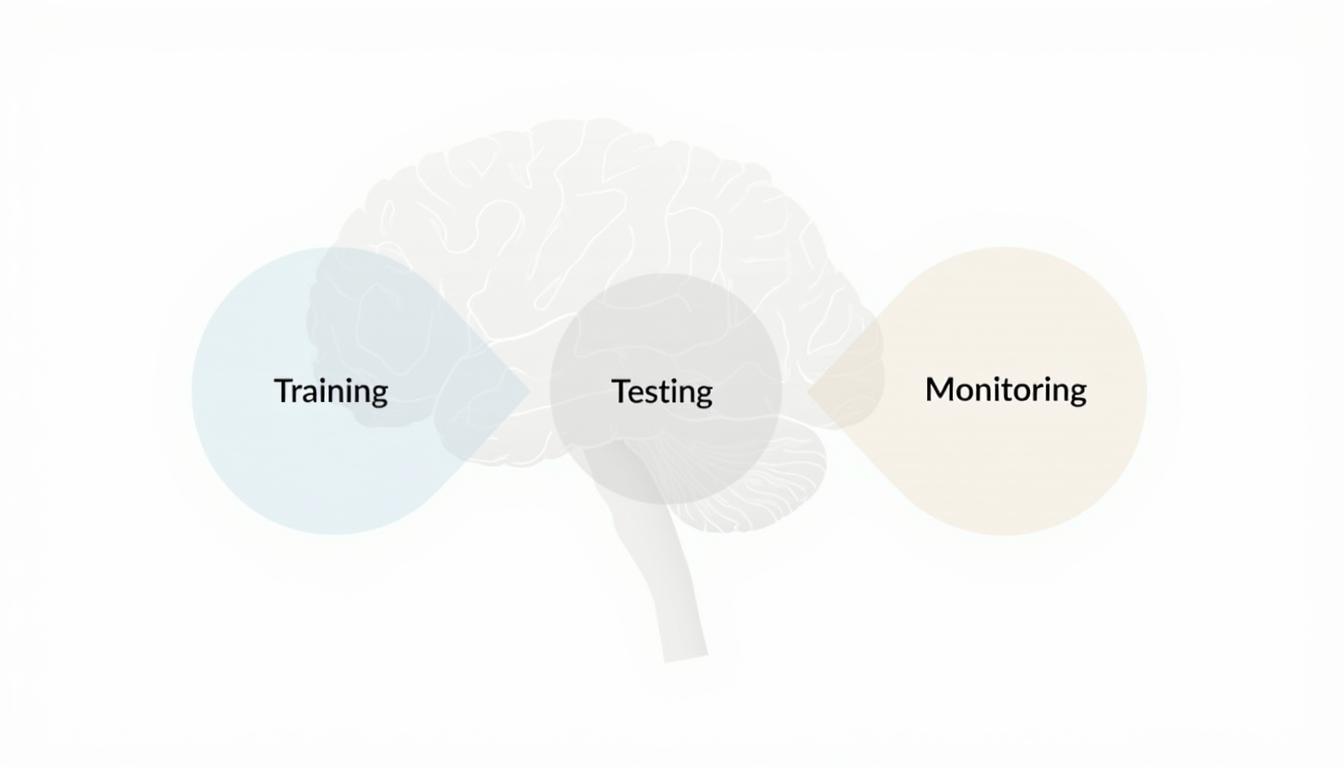Welcome to the Research and Strategy Services at in today's fast-paced.


I wondered why I felt so restless, an attack on my attention had taken effect by now.
My book the heralded classic ‘Don Quixote’ written by Miguel Cervantes was waiting for me at my bedside desk. Written in the 1500’s (the first novel ever written), it is considered the greatest by many - a timeless masterpiece of 900 pages. Next to that was Stephen King’s ‘On writing’ a book containing insight on the craft I was trying to get better at from one of its most prolific names.

So why was I so restless? I was opting instead for scrolling social media feeds when I had made plans to read some of these two classics that day. The restlessness came from knowing it was not serving me, knowing I was not enjoying it and that my time would be better spent delving into the depths of the past, instead of compulsively blitzing through the never ending now. I was trying to satiate my impulse of receiving instant gratification.
That right there was the reason, and it is my biggest concern for myself and the people around me, I opted to browse not because it was hard, but because it was easy, because it didn’t require effort.

One of the biggest causes of this concern is the app TikTok. While I have never been a user of the app, I’ve studied it enough to know the affects it has on people who do use it. For example, sometimes I’m not heard in conversation until the fifth repetition, and on other occasions I’ve seen people look down and pick up their phone without even interrupting the conversation with so much as an “excuse me.”
This might not be down to TikTok, I might just be an uninteresting and unlikeable person - in which case you’ve clicked off by now ;) However, I hypothesise that overindulgence in instant gratification is at least a symptom.
The interesting thing here is that the above paragraph was written yesterday at noon, today things had gotten a little away from me, but I was supposed to begin today's portion of writing at 6pm, it is now 8:06 pm. True to the issues I had illustrated in the opening paragraph.
Nietchze once said that when you stare long enough into the abyss it stares right back at you. In my case it’s been that when I stare long enough into the abyss, I see tweet, after tweet, after tweet, as I sit there restless and irritated.
I knew I let myself down when I should be writing instead of opting to be just another spoke on the wheel, a wheel that is forever turning churning out an endless amount of cheap dopamine.

Recently I was on YouTube listening to a podcast and on it the host referenced a study talking about how smartphone addiction leads to shrinkage of the brains grey matter. This form of tissue in the brain is crucial for helping us to process information and make decisions, as well as being linked with the deterioration of memory, attention span, and impulse control (which of course causes a reinforcement of the addiction).
This amalgamation of horrors was aptly given the umbrella term ‘digital dementia’. Immediately I was shocked and filled with righteous indignation thinking to myself that people are so unaware of these things, I was annoyed that people didn’t seem to care, “people need to know about this and how it’s damaging them, maybe then they’ll learn” I thought to myself.
I was just about to use the screen record function on my phone to share the clip onto my Instagram story and then I stopped, processed the irony of what was going on here, humbled myself at the fact that I’m just as much at the mercy of these instruments of chaos as anyone else, chuckled, put my phone down and just did nothing for a couple of minutes.
Instant and passive desire fulfilment, this shrinkage of the effort to reward gap that makes scrolling unconsciously so addictive, the phenomena is quite literally called ‘zombie scrolling.’ Something I managed to avoid that day.
Luckily there are ways to combat this attack on our attention, memory and ability to delay gratification, both from studies and personal experience, I hope they prove useful to you and serve as reminders to me.

The other day I was going for a long stroll from my house through my local park, I don’t mean to do the stereotypical thing of ‘the sun was shining and the birds were chirping’, but this is quite literally what was happening.
Now usually I would have my earphones plugged in and amp the intensity of my wheeling (I am a wheelchair user) until my leisurely stroll became my equivalent of a run. I would then stop and restart the cycle.
Today however, I had decided to leave my earphones at home. Now in the past I had done this to force myself to think, as all my brain would come up with would be song lyrics (a shocking illustration of just how plugged in we have become as a society). But on this day, something else had happened.
Perhaps through now taking on the identity of a writer I started to think up blog ideas, article ideas, essay ideas, headlines and potential future sentences, all as a consequence of paying attention to the thoughts in my head. The lack of earphones and distraction also had the fascinating effect of making me want to stay out for longer, and epitomized the phrase ‘hear myself think.’
This type of focus has been shown to have effects on attention, memory, and cognitive flexibility, (essentially open mindedness), and I find that it enhances my attention greatly. In fact, activities like these share similarities with certain brain training for dementia exercises, which often focus on boosting memory and mental agility through sustained attention and mindful engagement.
Before I would go on strolls, I’d never listened to a podcast from start to finish, it simply required too much concentration and effort. Now that I implement this habit I finish (and absorb) podcasts regularly.
It’s also been found that walking can improve your creative problem solving. I’ve found it to be the case that when I’m entertaining an issue in my mind, I come up with proposals and rebuttals and concepts in response to the issue at a much more prolific rate when outside. It’s as though reading about an issue and going for a walk shortly after gives space for the thought to really nestle in my subconscious.

The tenured Stanford professor of Neurobiology Dr Andrew Huberman stated on his public education podcast Huberman Lab, that a simple “meditation like” practice of sitting for 17 to 20 minutes and not doing anything but observing your mind can combat “age related cognitive decline”. In my own personal experience this has a very rejuvenating and calming effect.
I remember starting to meditate consistently about 4 years ago, back when I was what I’ve heard be referred to as “a self-help junkie,” somebody obsessed with self-improvement to the point it became a detriment.
Now meditation and the term ‘mindfulness’ has been shrouded in insincerity due to having become a central part of corporate Jargon. Meditation has become the flag bearer for ‘narcissistic spirituality’ the utilization of techniques intended for the enhancement of personal wellbeing, as a tool to fulfil your desires, and ‘boost productivity.’ Irrespective of that and my reasons for engaging in the behaviour I can say doing so made me feel calmer and quelled my rumination and caused me to question my thoughts, as well as increasing my sense of agency. Now when I occasionally engage it’s supremely relaxing and I bemoan not doing it more.

If the central issue at the core of this article is that our attention and cognitive ability declines with a reliance on instant gratification, the shortening of the gap between effort and stimulus, then it stands to reason that the information that we should be consuming is one that widens that gap.
We must go from junk info to information that takes a while to read, process, and fully understand, without giving you what you want immediately. Knowing that an article is long form puts me in the state of focus before engaging because I am aware that I will need to focus to engage with the piece.
Something curious also happens when I’m reading a book, for the first few pages I struggle to focus, then It’s as if my brain signals to me that it’s time to concentrate and I put some effort into properly becoming immersed. A similar thing happens with writing.
The keyword in all this being ‘effort’ - the more effort required for something the more cognitively demanding it usually is, the more cognitively demanding it is the more it requires focus. Thus making it more rewarding, and a source of good dopamine.
I suppose a nice way to illustrate this in the readers mind (and in my own), is to ask the following by trying to consciously think when doing an activity in daily life.
Is this the best use of my time?
Is the reward from this activity easy to come by?
What is a more beneficial way to satiate the need that this behaviour is fulfilling?
Let’s say you are zombie scrolling and are lethargic, you probably want to relax. Instead find a better way to relax, such as taking a stroll in the park, going to your local pool, meeting a friend for a conversation, or even just go to a coffee shop.
If you can’t stop reading tweets or watching videos, you’re probably looking for a way to be stimulated and entertained. If so pick up a book, earn the entertainment. If you want to argue and be heard, try journalling. It’s a better way to say what you think then articulating yourself in real time while emotional.
These are my methods that I believe will allow you to shield yourself and put up the proper barriers in response to the attack on attention. Take back your time one EFFORT at a time.
Thank you for reading. If you’d like to follow or read more of my work, then here are some links.
Articles
Brave New World vs 1984: Which Dystopia Are We In?
Garbage Or Gold? How Those TV Shows May Help Us








Welcome to the Research and Strategy Services at in today's fast-paced.

By strengthening the neural circuits that are affected by addiction, their restoration aids in fighting the addiction itself.

Learn how biofeedback can guide quality sleep habits.

Learn how the union of neuroscience and DevOps has the power to revolutionize how businesses operate.
.png)